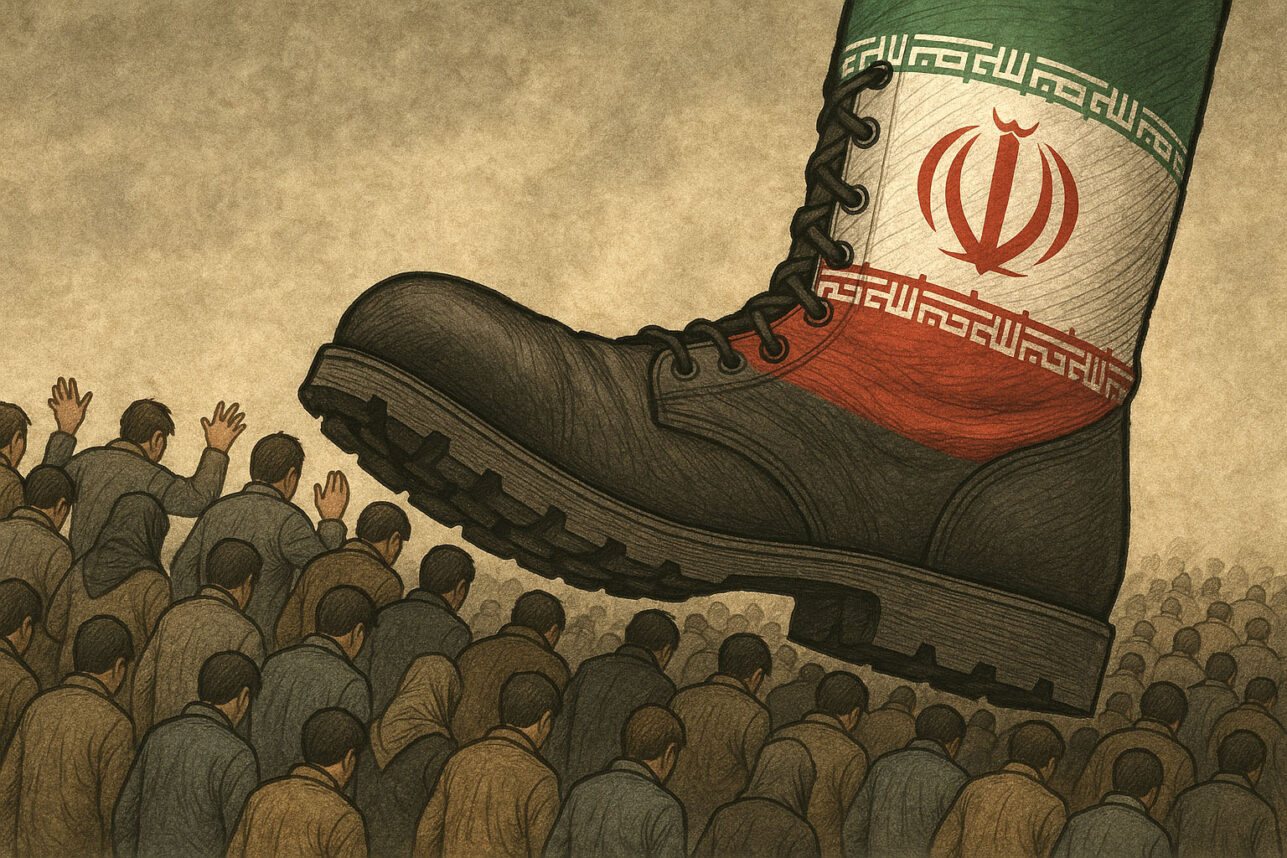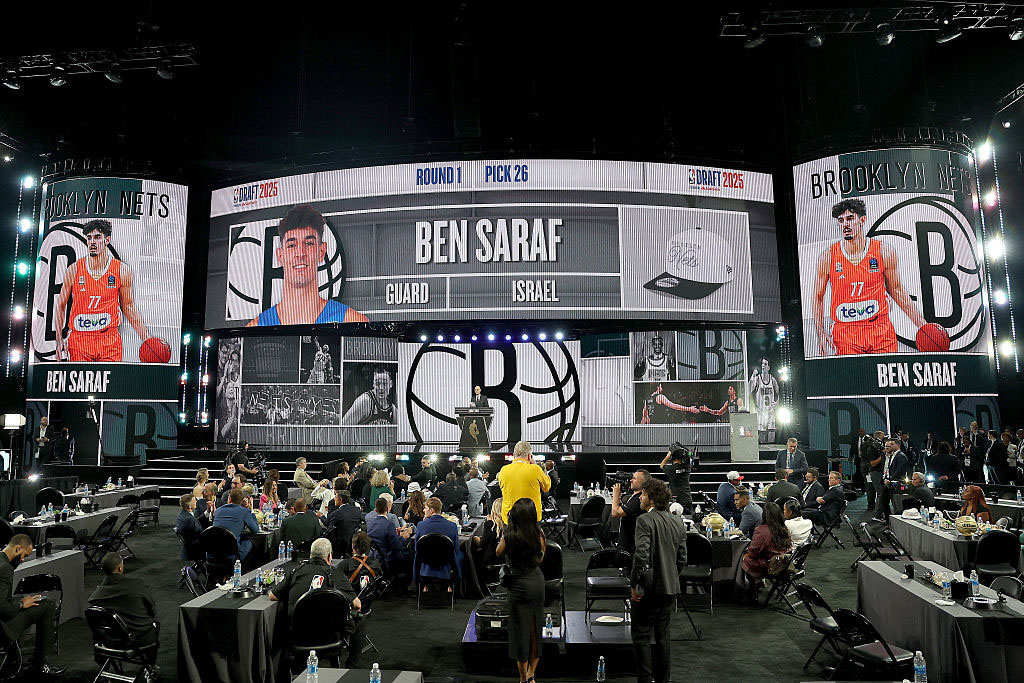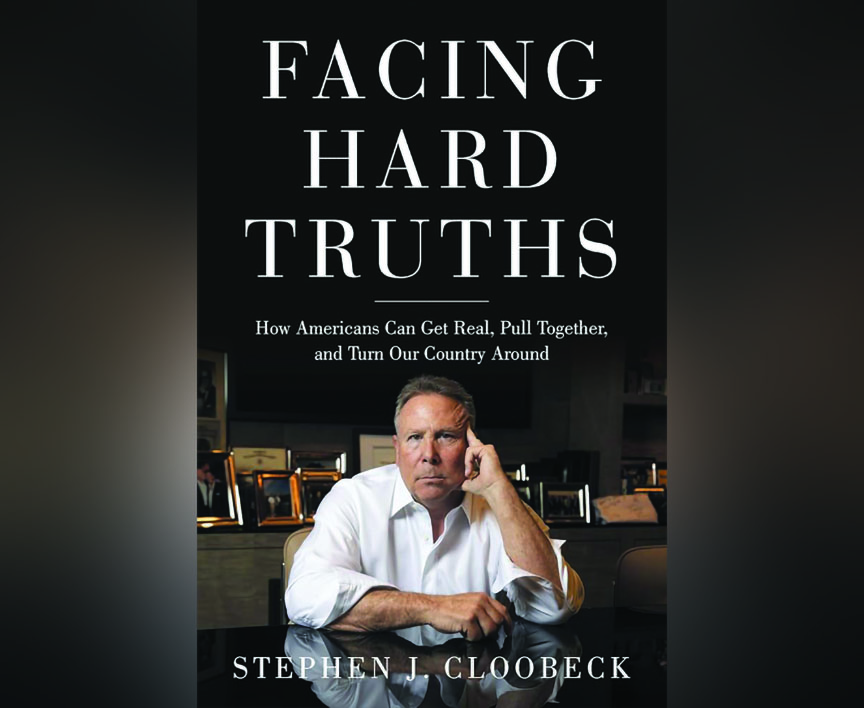Some of the best recent American documentaries are nonfiction, highly subjective narratives that explore the Sturm und Drang of family relationships. Filmmaker Ira Wohl calls this kind of up-close cinematic memoir “first-person documentary.”
It’s an apt description for his latest film, “Best Man,” the “Best Boy” sequel that first screened locally at the 1997 Cinema Judaica Festival and was featured again as the kickoff film for the Laemmle Theatres’ Documentary Days series, which began on Feb. 12 and runs through March 5.
Another highly personal examination of family ties is Eric Trules’ uneven but watchable “The Poet and the Con,” which premières tonight as the second film in the Laemmle series. The film’s energy is generated entirely by Trule’s streetwise uncle, Harvey Rosenberg, the family’s charismatic, roughly handsome black sheep.
When the film begins, Rosenberg is a 57-year-old career criminal and his filmmaker-nephew’s favorite relative. It’s easy to see why. Despite the morally repellent nature of Rosenberg’s street credentials, he’s riveting to watch — an impassioned, mischievous and complex character who lights up the screen whenever he appears: whether it’s to hash out old childhood wounds with his aging siblings or to coolly recount one of his many misadventures — like the time he put a gun to a Mafioso’s head at Tony Roma’s restaurant as a favor to a friend in trouble with the mob over gambling debts.
Unfortunately, Rosenberg shares equal screen time with his nephew, Trules. Although clearly attached to his uncle, Trules eventually becomes an unwelcome intrusion for the viewer. A performance artist, poet and professor at USC, Trule s sees his own life as inextricably tied to his uncle’s, and so constructs the film with them both at center stage. But Trules (the “Poet” of the title) is not nearly as interesting onscreen as his uncle (the “Con.”)
For the filmmaker, his Uncle Harvey is a potent mix of kindred spirit, muse, paternal mentor and walking cautionary tale. Trules uses Rosenberg as a catalyst for exploring his own emotional baggage: He describes his attraction to law-breaking and bemoans his own feelings of marginality. In a bit of family cinéma véritè, Trules uses Uncle Harvey as a bludgeon to beat at his parents and the middle-class “Jewish culture” at large, at whom he feels an inordinate degree of anger and contempt. In a 44-year-old man, such stuff comes across as unappealingly whiny and adolescent.
By contrast, in Rosenberg (who ultimately died of lung cancer in a prison hospital), Trules had a larger-than-life film character. Rosenberg got his first taste of crime as a 17-year-old street tough hijacking a liquor truck on the docks of New York City. Guns, prison stints, head-turning girlfriends and friction with family followed. Eventually, Rosenberg got clean and worked as a certified alcohol and drug counselor after a stint at Los Angeles’ halfway house, Beit T’Shuvah. Near the end of his life, his role in an unsolved Hollywood murder caught up with him. He found himself a fugitive from justice, featured on “America’s Most Wanted” and running scared from the idea of returning to prison after his brief taste of redemption. Simply put, this should have been Harvey’s movie.
“Documentary Days” screens through March 5 at Laemmle’s Grande 4-Plex downtown, 345 S. Figueroa St. (213) 617-0268.

































 More news and opinions than at a Shabbat dinner, right in your inbox.
More news and opinions than at a Shabbat dinner, right in your inbox.